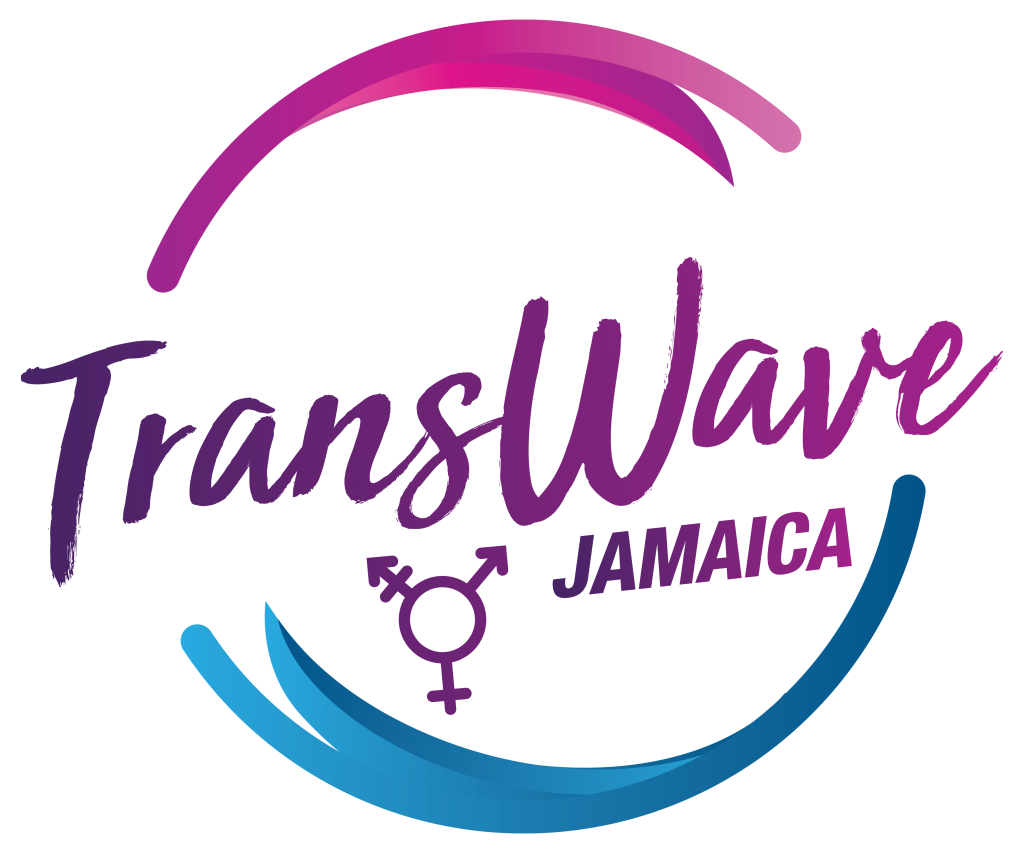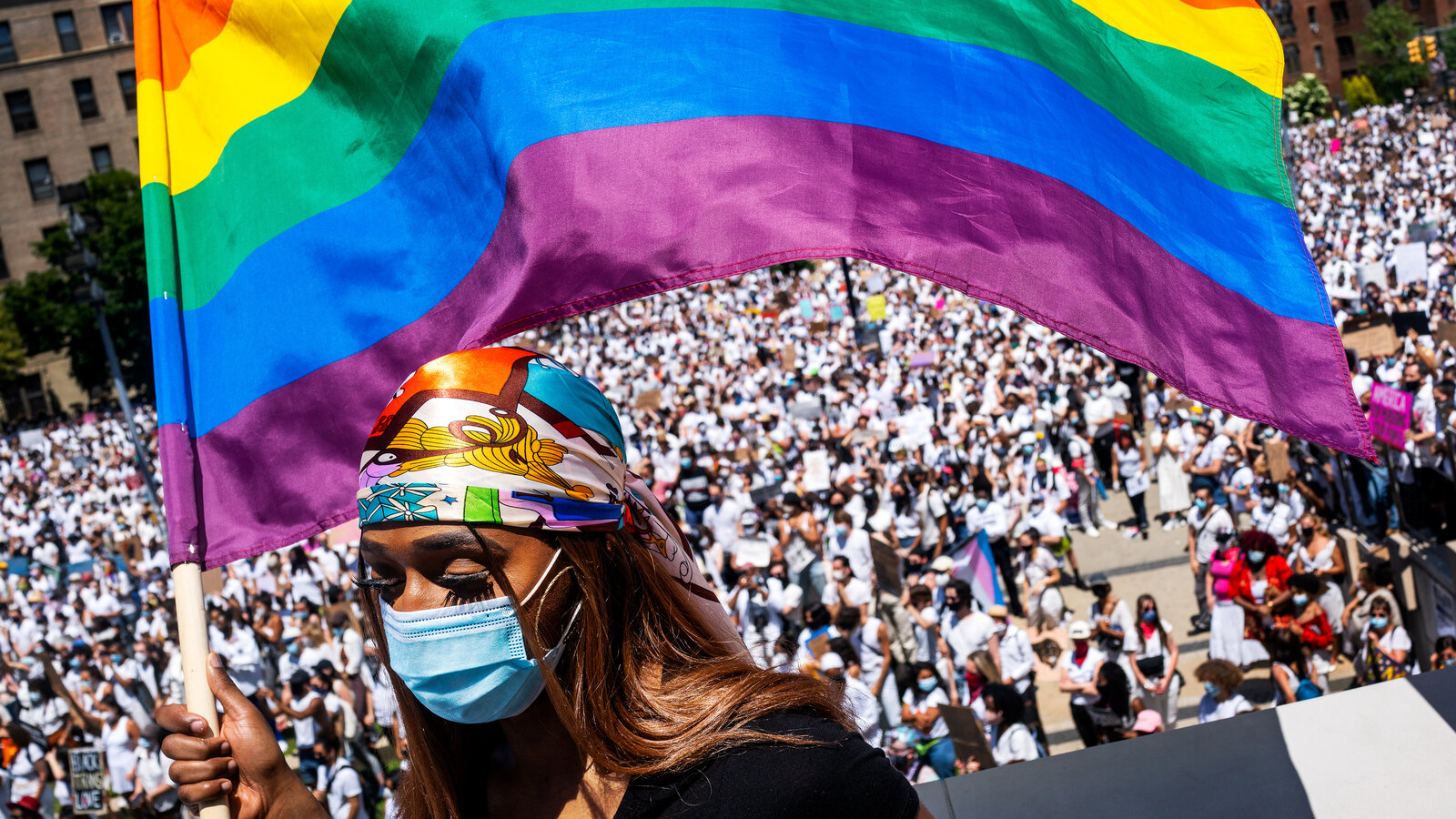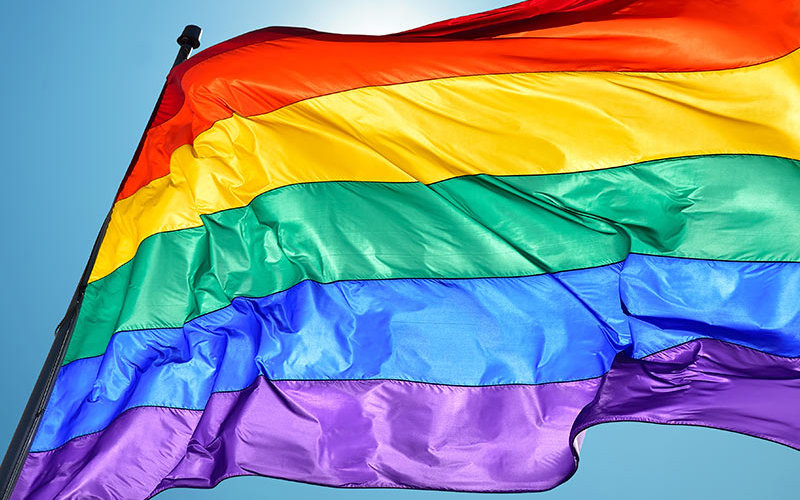Dear Editor,
Amid the picturesque landscapes and vibrant culture of Jamaica, a darker reality persists – discrimination against the LGBT community remains a significant concern, particularly when it comes to securing housing.
The Rent Restriction Act was designed to protect tenants’ rights and ensure affordable housing options; however, it falls short in addressing the systematic discrimination faced by LGBT individuals in the housing market. This piece delves into the specific challenges LGBT people encounter while seeking housing in Jamaica, explores the gaps in the Rent Restriction Act that perpetuate discrimination, and calls for a more inclusive approach to housing rights.
Homophobia is deeply entrenched in Jamaica, leading to a hostile environment for the LGBT community in many aspects of life, including housing. LGBT individuals often face discrimination from landlords, property managers, and fellow tenants, making it challenging for them to find suitable and safe accommodations.
One glaring issue in the Rent Restriction Act is the lack of explicit protection for LGBT individuals. The Act does not include sexual orientation or gender identity as protected characteristics. Consequently, LGBT individuals are left without the legal backing they need to challenge discriminatory practices effectively. In the absence of clear protection, landlords may resort to discrimination without fear of legal repercussions. This omission sends a disheartening message to the LGBT community that their rights and well-being are not adequately safeguarded under the law.
The discriminatory treatment faced by LGBT individuals in the Jamaican housing market is not a mere speculation but a well-documented reality. In a series of focus group discussions hosted by TransWave Jamaica, LGBT participants reported facing discrimination, while seeking housing, ranging from outright refusal to rent, exorbitant rent hikes, or unreasonable conditions not imposed on heterosexual tenants. This discrimination perpetuates a cycle of marginalisation and exposes LGBT individuals to housing insecurity and homelessness.
The Act’s enforcement mechanisms present another area of concern. Though the legislation sets up provisions for addressing complaints of discrimination, the burden of proof falls on the tenant. For LGBT individuals, providing tangible evidence of discrimination can be difficult, given the subtle nature of many discriminatory acts. This legal hurdle further discourages victims from coming forward, allowing discrimination to persist without any accountability.
Additionally, the deeply ingrained social stigma against the LGBT community in Jamaica creates an atmosphere of fear and reluctance to report housing discrimination. Many LGBT individuals may fear retaliation, harassment, or further victimisation if they speak out against discriminatory practices. Consequently, numerous incidents of housing discrimination go unreported, contributing to the underestimation of the problem and inhibiting the Government’s ability to address it effectively.
To rectify these injustices, the Jamaican Government must take urgent and progressive steps to amend the Rent Restriction Act and provide equal housing rights to all citizens, regardless of sexual orientation or gender identity.




